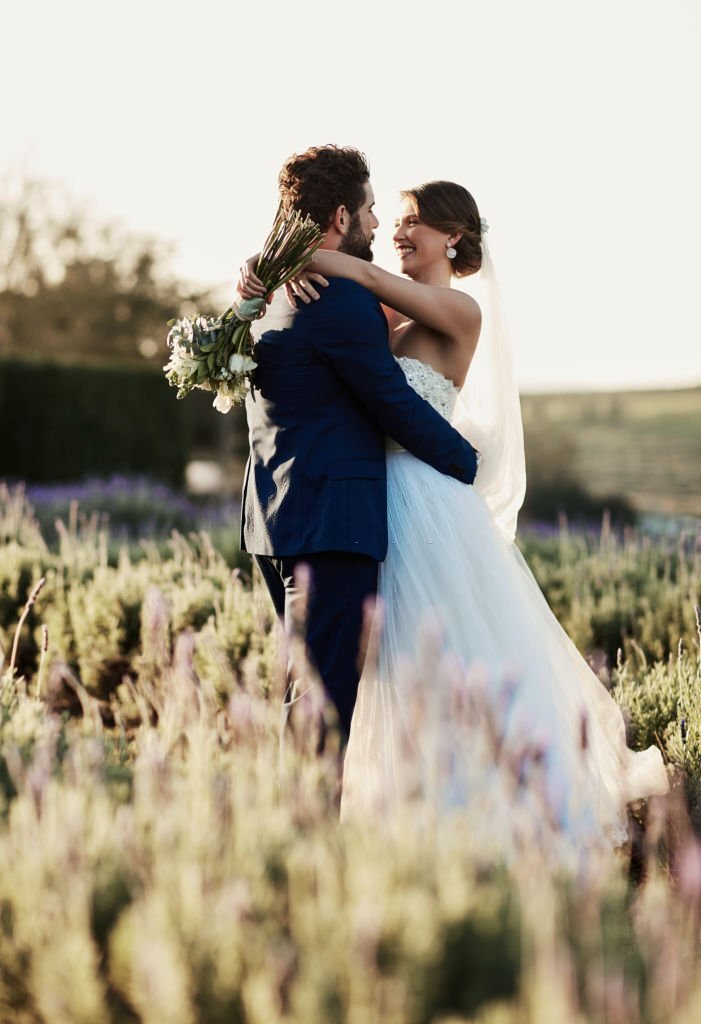“I, ___, take you, ___, for my lawful wife/husband, to have and to hold from this day forward, for better, for worse, for richer, for poorer, in sickness and health, until death do us part.”
The above forms the bedrock of marital vows. Across different cultures and marital institutions, though the words may be different, the message and intent remain the same.
Between January and February 2020 alone, there were over 4000 cases of divorce filed in the FCT high court; this number tells a horrific story about the marriage institution in Nigeria today.
So what then changed, what limit does one say ‘enough, this is not the ‘FOR WORSE’ I signed up for?
One of those boundaries is DOMESTIC VIOLENCE, especially violence against women. Many a time, African women have been beaten, ignored, abused and victimized by abusive husbands and they have stayed silent because of the famed frame ‘FOR BETTER FOR WORSE’.
It’s important for the modern woman to run away from the notion that marriages are for better for worse and in that vein remain victims of abusive men who pour out their frustrations on them. The effect of such marriages is catastrophic and far-reaching. Their kids may see such behavior as normal, thereby meting out such treatment on their wives or tolerating it from their husbands, and thus the cycle continues.
An abusive marriage is a minefield that every woman should avoid. The intention of your wedding vows is for both parties to face the troubles the world would throw at them together and not be the sources of their troubles.
It is also important to educate and sensitize ourselves against encouraging women to remain In hellish marriages because of public opinion, African stigmatization of divorced women or the faux religious burden placed on women to uphold the “for better – for worse” principle. Rather they should be provided with a strong support system, authority figures should intervene, and if possible the police should be involved.








